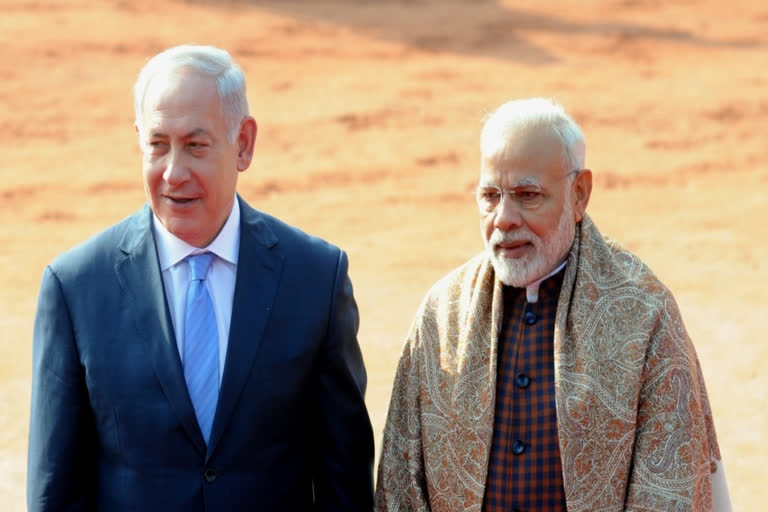Gen Z in Asia: Youth Power, Political Influence, and Social Limits
- bykrish rathore
- 24 September, 2025

The rise of Gen Z in Asia marks one of the most significant youth-driven transformations in recent decades. Born between the late 1990s and early 2010s, this generation has grown up in a hyperconnected world dominated by smartphones, social media, and digital platforms. Across Asia, from Southeast Asia to South Korea and India, Gen Z is pushing boundaries in politics, culture, and entrepreneurship — yet they continue to face systemic limits that constrain their power.
Gen Z has shown a remarkable ability to mobilize online campaigns, demand accountability from governments, and champion causes like climate change, gender equality, and social justice. In countries such as Thailand, Myanmar, and Hong Kong, young activists have emerged at the forefront of political resistance, using digital platforms to bypass traditional state-controlled channels. Similarly, in India, South Korea, and Indonesia, youth-led movements are shaping public discourse, challenging stereotypes, and redefining consumer culture.
However, the limits of Gen Z’s revolution are also becoming apparent. Political establishments across Asia often respond with censorship, surveillance, and crackdowns on dissent. Deep-rooted hierarchies, economic inequality, and restrictive social norms mean that their digital influence doesn’t always translate into sustainable political change. While Gen Z may dominate conversations on platforms like TikTok, Instagram, and X (formerly Twitter), structural barriers continue to hinder their long-term impact.
The generational divide is also evident. While Gen Z champions progressive values and demands inclusivity, older generations — who still hold economic and political power — often resist or dismiss their calls for change. This tension highlights the challenges of converting youthful enthusiasm into institutional reform.
Despite these challenges, the Gen Z wave cannot be ignored. Their consumer behavior is reshaping business strategies, their activism is influencing government policies, and their cultural preferences are driving entertainment and media trends. Even with limitations, Gen Z in Asia is building the foundation for a more connected, socially conscious, and forward-looking society.
The Gen Z revolution in Asia shows both the transformative power of youth and the realities of entrenched systems. Their journey underscores a critical lesson: while digital activism and youth energy are potent, lasting change requires negotiation with traditional structures, persistence, and strategic alliances across generations.

Note: Content and images are for informational use only. For any concerns, contact us at info@rajasthaninews.com.
"Peter Dutton Affirm...
Related Post
Hot Categories
Recent News
Daily Newsletter
Get all the top stories from Blogs to keep track.




_1772294054.png)


_1772465804.jpg)
_1772465408.jpg)
_1772464394.jpg)
_1772463878.jpg)
